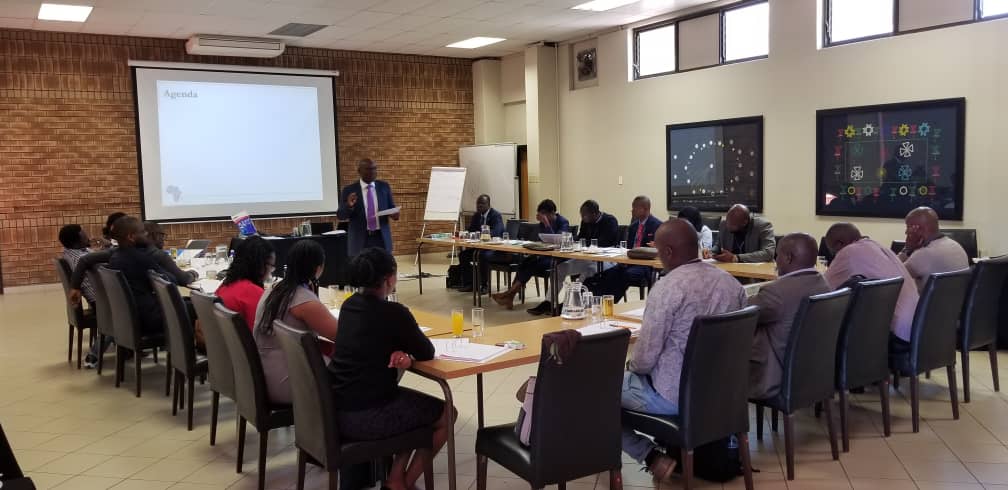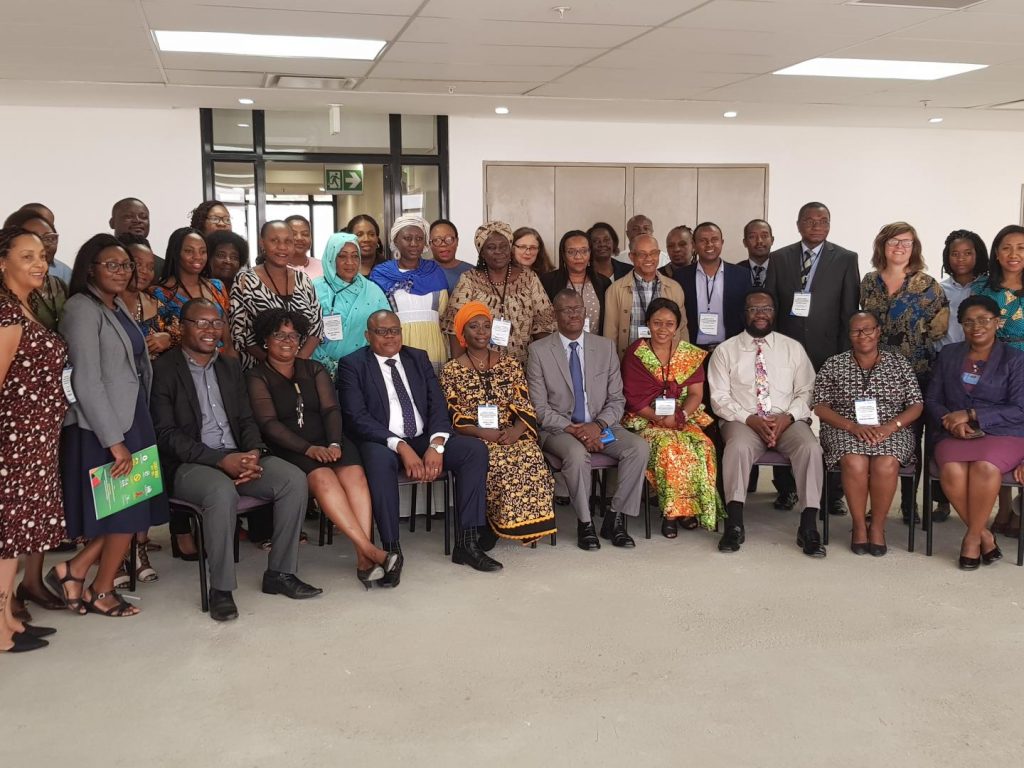


Trainings and Workshops
Ethical Fundraising
Successfully raising funds and donations from private institutions, government or individuals requires a certain amount of experience and skill, not the least of which is a firm understanding, and a consistent practice of, raising funds in a responsible ethical manner.
Fundraising ethics is a somewhat abstract concept that may be made more concrete in your own organizational code of ethics, or in the statements and position papers of professional associations like the Association of Fundraising Professionals.

This course is eligible towards the completion of the Certificate in Fundraising Leadership
Transparency inspires confidence. Beyond what the law requires, nonprofits can demonstrate their commitment to ethical practices by being transparent regarding financial information and fundraising practices.
This course teaches and applies ethical principles that form the foundation of trusting relationships with donors and other stakeholders by training nonprofits in financial transparency practices that make it easy for visitors to a nonprofit’s website to find information about the nonprofit’s budget-size and its sources of revenue, as well as information about board composition, programs, outcomes/impact, staffing, and donors (protecting the identity of those who wish to remain anonymous). As part of this course participants will be educated on state laws that regulate fundraising activities
Other key topics include providing information on the key documents that tax-exempt nonprofits MUST make available to the public. (Learn about the public disclosure requirement.) Among them is a notice that must be provided by organizations that are tax-exempt, but NOT a public charity, in connection with solicitations.
Other key topics include:
Accountability to donors
Practices that demonstrate accountability and respect for donors include:
- Sending timely gift acknowledgments
- Honoring restrictions on donors’ gifts
- Disclosing to the public what the law requires
- Providing timely reports to foundations and/or government funding sources, as applicable
- Recognizing donors according to their preferences
Anonymous donors
Some donors ask that their gift remain anonymous. Some are also concerned that the nonprofit will share their contact information with other nonprofits (increasing the chance that they will receive unwanted solicitations).
- To address these concerns, the Association of Fundraising Professionals (AFP) has developed a Donors’ Bill of Rights that nonprofits are encouraged to adopt.
Acknowledging donations
Donors expect their charitable gifts to be acknowledged. It is not only ethical and good stewardship to inform donors about the receipt of their gifts, but it is also a legal requirement for certain gifts.
- IRS resources explain what a written gift acknowledgment should include and when one is required.
- Read about the IRS requirements for acknowledging “quid pro quo contributions” (gifts of certain amount or more when the donor receives something of value in return.)
Honoring donor intent
Honoring a donor’s intent is an ethical issue and also a legal matter that starts with educating staff and board members about the importance of maintaining donor trust and the legal/fiduciary obligation to honor donor requests.
Schedule:
The course is offered in the following two formats:
(1) In-person
The in-person class is three days in length.
Day 1: 8:30 a.m.–5 p.m.
Day 2: 8:30 a.m.–5 p.m.
(2) Virtual (Live) Schedule
The live, virtual class is held over six sessions from 2pm to 5pm Eastern and hosted using the Zoom platform.
Training Policies:
Please review the attendance policy and cancellation/transfer policy before registering.
Trainings and Workshops
Have Questions?
Give us a call at +233 242042355 or
email: cendconsult@gmail.com
